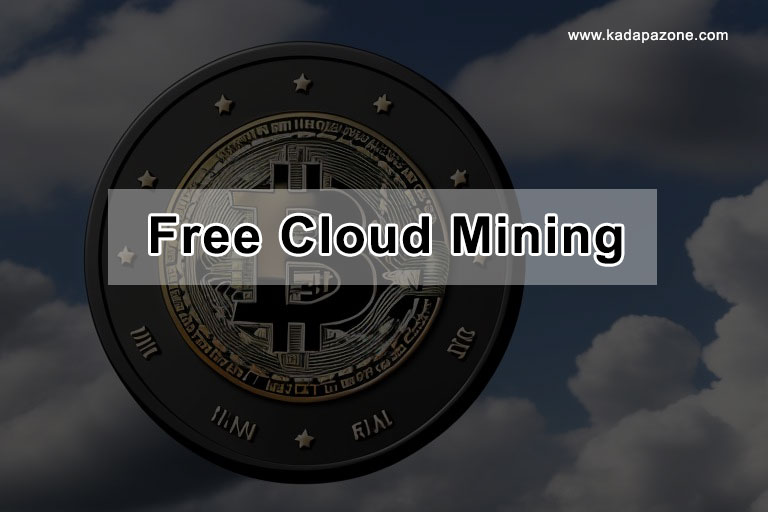Bitcoin Mining and Cloud Mining: A Comprehensive Guide
Bitcoin mining is the backbone of the cryptocurrency ecosystem. It involves solving complex mathematical puzzles to validate transactions on the Bitcoin blockchain, ensuring its security and functionality. As Bitcoin grows in popularity, the mining process has become more competitive, leading to the rise of alternative methods like cloud mining.
In this article, we’ll explore what Bitcoin mining and cloud mining are, how they work, and which method may be suitable for you.
Best Bitcoin Mining Website :
Visit Play store App : AppStore – Google Play
My invitation code to get Free Bitcoin : GTMQIF
Download and earn free BTC with me now!
Appstore : https://apps.apple.com/us/app/id6503180820
Google play : https://play.google.com/store/apps/details?id=bitcoin.minning.com
What Is Bitcoin Mining?
Bitcoin mining is the process of adding new transactions to the Bitcoin blockchain. Miners use specialized hardware to solve cryptographic puzzles, competing to be the first to validate a block of transactions. Successful miners receive rewards in Bitcoin, making it both a service to the blockchain and a financial incentive.
Key Components of Bitcoin Mining
- Mining Hardware: High-performance devices like ASICs (Application-Specific Integrated Circuits) are used for mining.
- Electricity Costs: Mining is energy-intensive and requires significant power, which can affect profitability.
- Mining Pools: Miners often join pools to combine resources and share rewards.
What Is Cloud Mining?
Cloud mining is an alternative to traditional mining. Instead of buying and maintaining expensive mining equipment, users rent mining power from remote data centers. This method allows anyone to participate in Bitcoin mining without technical expertise or upfront hardware costs.
Benefits of Cloud Mining
- Accessibility: No need to purchase or manage hardware.
- Lower Initial Costs: Only a small upfront payment is required.
- No Maintenance: The provider handles repairs, software updates, and electricity expenses.
Risks of Cloud Mining
- Scams: Some providers offer fraudulent contracts.
- Lower Control: Users rely on third parties to manage the mining process.
- Variable Profitability: Mining rewards fluctuate based on Bitcoin prices and mining difficulty.
Bitcoin Mining vs. Cloud Mining
| Feature | Bitcoin Mining | Cloud Mining |
|---|---|---|
| Hardware Costs | High | None |
| Technical Expertise | Required | Not Necessary |
| Control | Full | Limited |
| Profit Potential | Higher (if efficient) | Moderate |
| Flexibility | Limited by equipment | Flexible contracts |
How to Choose the Right Option
- Consider Your Budget: Traditional mining requires significant upfront investment, while cloud mining is more affordable.
- Evaluate Risk Appetite: Cloud mining carries risks of scams, but traditional mining demands consistent hardware performance.
- Research Providers: If opting for cloud mining, choose reputable platforms like Genesis Mining, Hashflare, or NiceHash.
Conclusion
Bitcoin mining and cloud mining are essential aspects of the cryptocurrency ecosystem, offering different pathways to participate in the blockchain revolution. Traditional mining provides greater control and potential profits, while cloud mining offers accessibility and lower costs. Choosing the right method depends on your resources, goals, and risk tolerance.
Whether you’re a tech-savvy enthusiast or a beginner looking to dip your toes into the crypto world, both methods provide opportunities to earn Bitcoin while supporting the blockchain network. Make informed decisions and start mining today!
